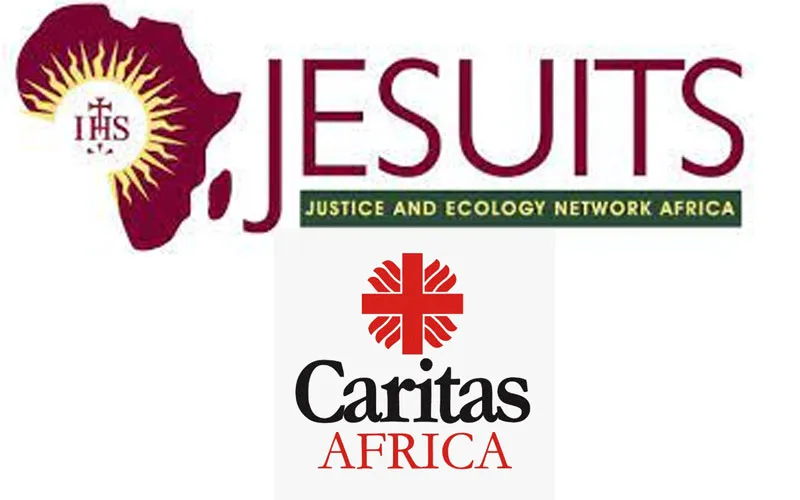Nairobi, 28 June, 2021 / 8:35 pm (ACI Africa).
The leadership of the Jesuit Conference of Africa and Madagascar (JCAM) and Caritas Africa have resolved to collaborate in empowering local communities on the continent to participate in the policy-making processes that seek to foster food security.
In their June 26 statement shared with ACI Africa, officials of JCAM say the collaboration between Caritas Africa and the Jesuit Justice and Ecology Network-Africa (JENA) is a response to Pope Francis’ call to create a future filled with hope.
“The core purpose of this alliance is to generate knowledge to influence policy and practice around food systems, both local and international, and to promote African solutions for food sovereignty,” they say.
In the statement signed by JENA Director, Fr. Charles Chilufya, the Jesuit officials further say, “Caritas and JENA seek to form a collaborative alliance as part of their effort to promote food sovereignty and agroecology in Africa.”
“The alliance is a continent-wide platform for consolidation of issues pertaining to food sovereignty and marshalling out a single and louder voice by articulating clear and workable solutions,” they say.








